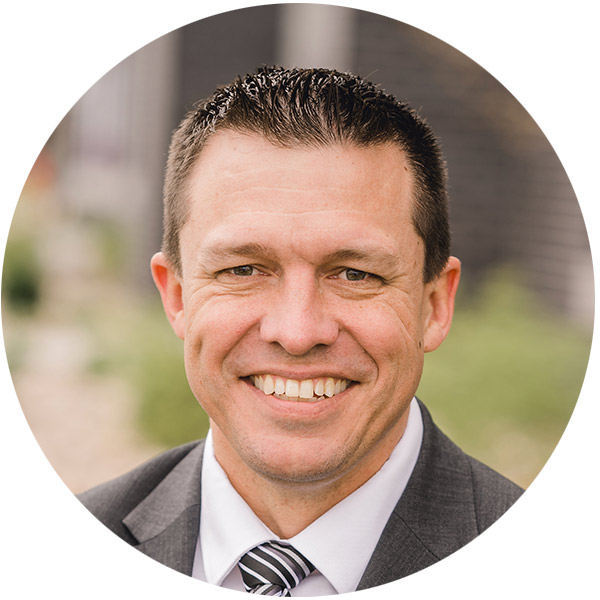Representative James G. Blaine was just four votes away from passing his constitutional amendment. An amendment that was likely to be ratified by the states.
Had he gotten the votes, he would have changed the First Amendment to, “No state shall make any law respecting an establishment of religion or prohibiting the free exercise thereof; and no money raised by taxation in any state for the support of public schools, or derived from any public fund therefor, nor any public lands devoted thereto, shall ever be under the control of any religious sect, nor shall any money so raised or lands so devoted be divided between religious sects or denominations.”
Representative Blaine wanted to limit the influence of the growing Catholic population, most of whom were Irish. What were the Catholics wanting that was so egregious? They wanted to educate their children in Catholic Schools instead of the local public schools.
Public schools at the time were considered non-denominational, but they were still religious. They held prayer every morning and would read from the King James Bible, a Protestant Bible, regularly. The Catholics wanted their children to be raised in schools that were, well, Catholic.
Although Blaine didn’t get his constitutional amendment passed, he did get the US legislature to require a Blaine type amendment in every new state constitution before they could join the Union. Blaine Amendments would stop public funds going to Catholic, or sectarian, schools, while allowing money to go to the clearly Protestant public schools. Currently thirty-seven states, including Utah, have Blaine Amendments,
This is where the law of unintended consequences takes effect.
In the 1940s, the Supreme Court had a series of decisions that began to limit and eliminate any religious actions in schools. In fact, in Sante Fe Independent School District v. Does a Mormon family and a Catholic family sued the local school, further restricting prayers at school events. All of these decisions limited the Protestant religious expression.
The Blaine Amendments and the Supreme Court decisions have been a hurdle to those advocating for school choice measures. These amendments and decisions have been used to prevent religious families from choosing a religious school over a secular school. Limiting all religious expression by students and faculty was never the intention of Representative Blaine’s amendment. Nevertheless, the state versions have been used by courts to limit school choice programs.
The moral of the story: Never give the government a power you don’t want used against you.





